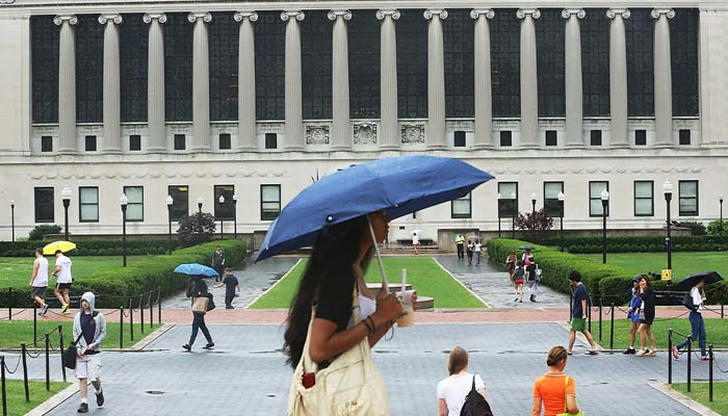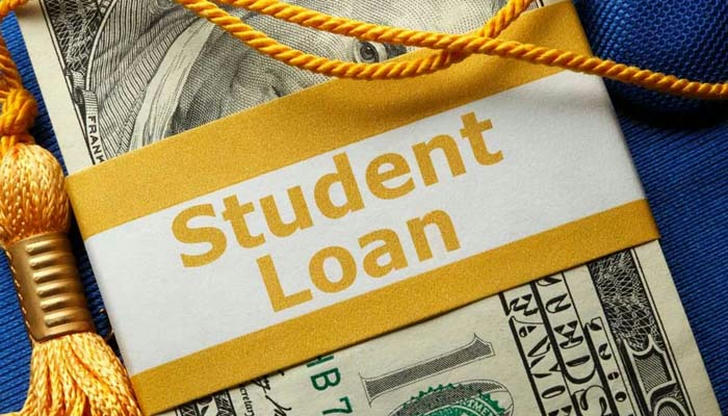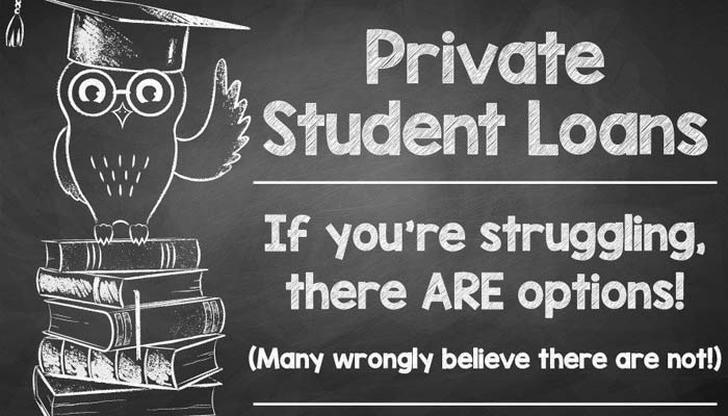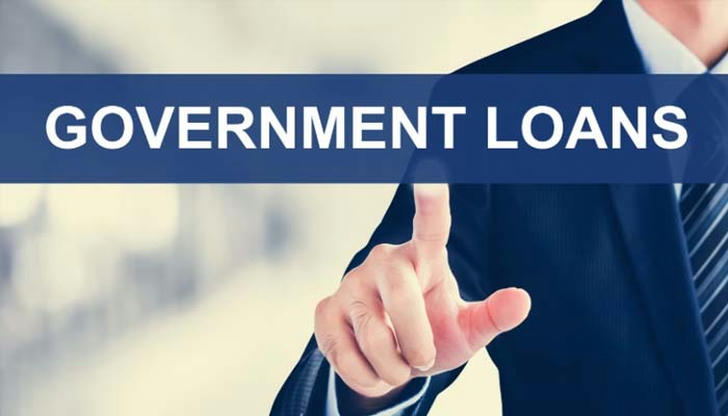Private vs. Government Student Loans: Making the Right Choice

Choosing the right student loan is crucial for your financial future. With the rising cost of higher education, many students turn to loans to fund their studies. However, not all loans are created equal. Understanding the differences between private and government student loans can help you make an informed decision and avoid potential financial pitfalls.
What Are Government Student Loans?

Federal or government student loans are those funded by the United States Department of Education. These loans are backed by incentives toward facilitating repayment and learning from the futility of being in precipitating debt.
Key Features of Government Student Loans:

• Fixed Interest Rates: Federal student loans have fixed interest rates, meaning they stay the same throughout the life of the loan. This makes it easier to plan your budget.
• Income-Driven Repayment Plans: You can adjust your monthly payment based on your income, which can be a lifesaver if you hit financial bumps after graduation.
• Loan Forgiveness Programs: Depending on your career, you may qualify for loan forgiveness after a certain number of payments. This is especially common for public service workers and teachers.
• Subsidized Options: Some federal loans, like Direct Subsidized Loans, don’t accrue interest while you’re in school at least half-time.
What Are Private Student Loans?

Private student loans are offered by banks, credit unions, and other private lenders. Unlike government loans, the terms and interest rates are set by the individual lender, which can make them riskier for some borrowers.
Key Features of Private Student Loans:

• Variable and Fixed Interest Rates: Private loans can come with variable rates that fluctuate over time, potentially increasing your monthly payments. Fixed rates are also available but may be higher than federal loan rates.
• Credit-Based Approval: To qualify for a private loan, you usually need good credit or a co-signer with strong credit. This can limit options for students without established credit histories.
• Less Flexible Repayment: Unlike federal loans, private loans often lack income-driven repayment options and forgiveness programs. You need to be prepared for strict repayment terms.
Comparing the Benefits: Private vs. Government Student Loans
To choose between these two types of loans, it’s essential to weigh their pros and cons.
Pros and Cons of Government Student Loans
Pros:
• Lower, fixed interest rates
• Repayment based on income
• Potential for loan forgiveness
• No credit check is required for most federal loans
Cons:
• Borrowing limits may not cover full tuition
• Less flexibility in choosing a lender
Pros and Cons of Private Student Loans
Pros:
• Higher borrowing limits, which can cover full tuition and additional expenses
• Choice of lender allows for rate comparisons
Cons:
• Higher interest rates, especially with variable rates
• Requires credit or a co-signer
• Limited repayment flexibility and no forgiveness options
When to Choose Government Loans?

Federal student loans should generally be your first option. They offer predictable, manageable terms and built-in safety nets. If you qualify for subsidized loans, they are even more beneficial.
When to Consider Private Loans

Private loans can be a good choice if:
• You need to borrow more than the federal loan limits.
• You have excellent credit and can secure a low fixed interest rate.
• You’re confident you can manage strict repayment terms.
Tips for Borrowers

• Exhaust Federal Options First: Always max out your government loan eligibility before turning to private loans.
• Shop Around: Compare multiple private lenders to find the best rates and terms.
• Check for Discounts: Some private lenders offer rate discounts for autopay or loyalty programs.
• Read the Fine Print: Ensure you understand all fees, interest rate structures, and repayment rules.
Conclusion
Choosing between private and government student loans depends on your financial needs, future earning potential, and comfort with risk. Government loans offer stability, flexibility, and forgiveness opportunities. Private loans may fill funding gaps but come with higher stakes. Evaluate your options carefully and consider your long-term financial well-being before making a decision.
